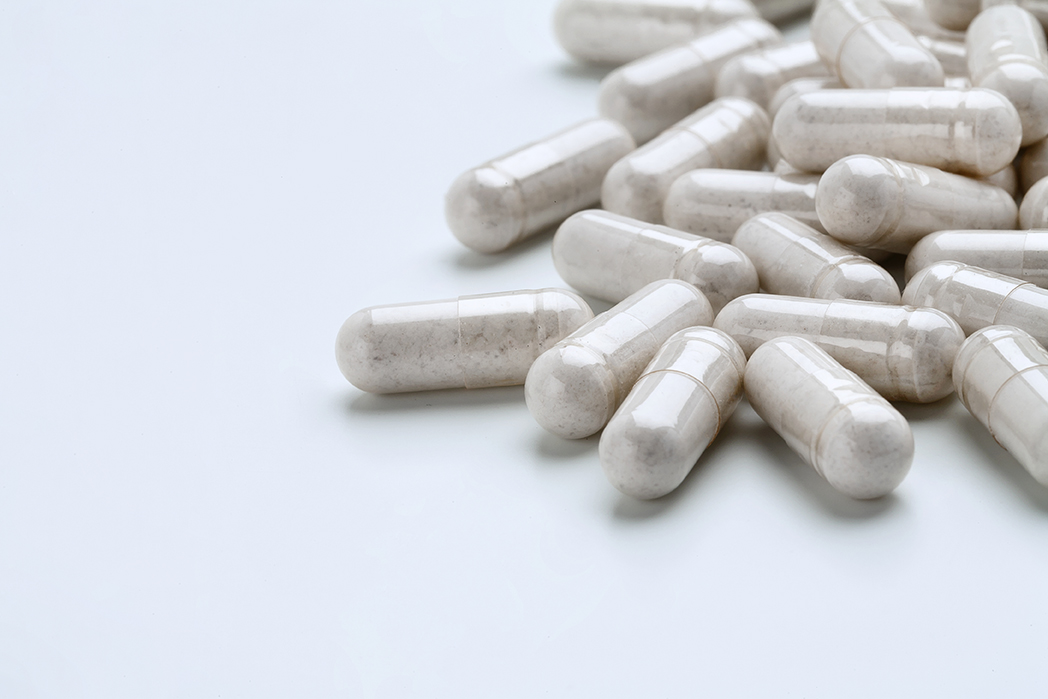
Probiotics, hailed by some as a cure for all kinds of digestive ailments and recommended by many GPs alongside antibiotics, may not be as universally beneficial for gut health as previously thought.
The gut microbiome is the sum total of all the micro-organisms living in a person’s gut, and has been shown to play a huge role in human health. New research has found probiotics – usually taken as supplements or in foods such as yoghurt, kimchi or kefir – can hinder a patient’s gut microbiome from returning to normal after a course of antibiotics, and that different people respond to probiotics in dramatically different ways.
In the first of two papers published in the journal Cell, researchers performed endoscopies and colonoscopies to sample and study the gut microbiomes of people who took antibiotics before and after probiotic consumption. Another group were given samples of their own gut microbiomes collected before consuming antibiotics.
The researchers found the microbiomes of those who had taken the probiotics had suffered a “very severe disturbance”.
“Once the probiotics had colonised the gut, they completely inhibited the return of the indigenous microbiome which was disrupted during antibiotic treatment,” said Eran Elinav, an immunologist at the Weizmann Institute of Science in Israel and lead author on the studies.
Gene expression – the process by which gene DNA is made into a functional gene product such as protein or RNA – was also disturbed in the guts of those who had taken the probiotics, with the detrimental effects lasting for six months.
However, these negative effects were not observed in the group of people who were given back the original microbiome that had been collected before antibiotic use; their microbiome normalised within days, said Elinav.
But reintroducing the original, indigenous microbiome after antibiotic use is probably not a scalable solution for all people who take antibiotics, he cautioned.
The scientists also compared the gut microbiomes of the gut intestinal tract of 25 volunteers with that of their stools. They found that stool bacteria only partially correlated with the microbiomes functioning inside their bodies. “So the fact that we all almost exclusively rely on stool in our microbiome research may not be a reliable way of studying gut microbiome health,” said Elinav.
In the second paper, the researchers examined the colonisation and impact of probiotics on 15 people by sampling within their gastrointestinal tract. They divided the individuals into two groups: one were given a preparation made of 11 strains of very commonly used probiotics and the other were given a placebo.
“What we found was very surprising,” said Elinav. Of those who were given probiotics, he said, “We could group the individuals into two distinct groups: one which resisted the colonisation of the probiotics, and one in which the probiotics colonised the gut and modified the composition of the gut microbiome and the genes of the host individual.”
No effect was seen in the placebo group.
“This tells us the currently used paradigm of one-size-fits-all probiotic preparation and treatment should be replaced by a tailored therapy which harnesses science and measurement and technology,” said Elinav, adding that “with this tailored approach probiotics have greater chances to benefit health”.
However, the studies did not look at clinical effects of probiotics and more research remains to be done in this respect.
“Researchers have always wondered how good a representation of what is going into the gut stool sampling is. Now they’ve shown that there is an issue there,” said Bernard Corfe, a molecular gastroenterologist at the University of Sheffield who was not involved in the studies.
“This work helps us understand why we might see massive variations between studies and between individuals within studies.”
He stressed that delivering a tailored probiotic therapy may be difficult, saying: “I think we need to reflect on suitability of widespread intraluminal [invasive gut] sampling. No one really wants that invasive procedure if it’s at all possible.
“I think that for people with chronic conditions, trial and error is still probably the quickest way of getting their answer.”
